Written by our vet Catherine.
8:00am
Once I get into work, the first thing I do is check the diary and the appointments and surgeries that are booked for the day. I also check any cases that have been seen out of hours, or any in-patients that are to be re-admitted in the morning.
I will start my appointments at 9:00am if I am consulting in the morning. If I’m on surgeries, I will prepare equipment for blood samples, intravenous cannulas, fluid therapy bags and medications whilst the veterinary nurses admit the patients.
When all of our patients for the day are in, I will discuss with the theatre nurse my plan for the order in which we will do each surgery. The first on the list will be given their premedication and once that’s kicked in we move them into theatre and start surgery. We then work through them one by one throughout the morning.
Usually the surgeries I do will be neuterings, but there can be more complex cases such as tumour removals and eye surgeries.
11:00am
Once we have finished with the surgical cases in theatre, if we’re lucky, myself and the nurses will manage a swig of coffee. After that, we crack on with any non-surgical procedures that are booked in such as dental procedures or xrays; there may also be additional cases that have come through from other vets during morning consultations. These cases are usually patients in need of a grass seed pulling out, a few stitches putting in, or maybe an abdominal ultrasound scan.
Midday
At lunchtime, depending on the schedule, I might have a quick lunch break around 1pm, pop to the shops in the square in Rochford and grab a sandwich, or if it’s winter, have some nice soup to warm up. Although emergencies or unexpected cases can sometimes cut this short.
2:00pm
In the afternoon we start consultations and examinations. Most of these are scheduled appointments, which can range from routine wellness exams and vaccinations to sick pet visits, behavioral consultations, and follow-ups on previous treatments. I see a variety of health issues such as skin problems, gastrointestinal issues, injuries and medical conditions. Most patients will be dogs and cats but I also sometimes get to see rabbits, guniea pigs, chickens and tortoises, which I enjoy having owned all these sorts of animals throughout my life.
We tend to do a lot of diagnostic workups ourselves here at Rochford Vets like blood work, x-rays, ultrasounds, and other imaging to diagnose health issues. Other diagnostics such as certain blood work, swabs or lumps are sent to external laboratories for pathologists to look at. They send us their results which we then interpret and plan any further treatment. I will then spend time on the phone in between consults or in-person discussing these results, the treatment plans, and follow-up care with pet owners.
Obviously at any point in the day we may get an emergency case. This is where the whole team can pull together and handle any emergency that comes in. These emergencies include trauma, poisoning, severe illness, or acute conditions requiring immediate attention.
4:00pm
In the late afternoon to early evening I may discharge some of the morning’s operations and discuss follow-up care with owners. Any in-patients that are in will have treatments administered such as fluid therapy and post-surgical pain relief in order to ensure all patients are stable before going home. I make sure I have completed all of the medical records for the patients I have seen and written up their case notes. This can also include coordinating with specialists or other veterinary professionals.
5:30pm
If I am on the late shift I will see the evening surgery appointments and then finish off by completing all the prescriptions and paperwork for the next day. Some evenings might involve attending webinars, reading veterinary journals, or participating in professional development to stay updated on the latest veterinary practices and technologies. Vets have to complete 35 hours of continued professional development education each year. Usually I get home around 8pm.
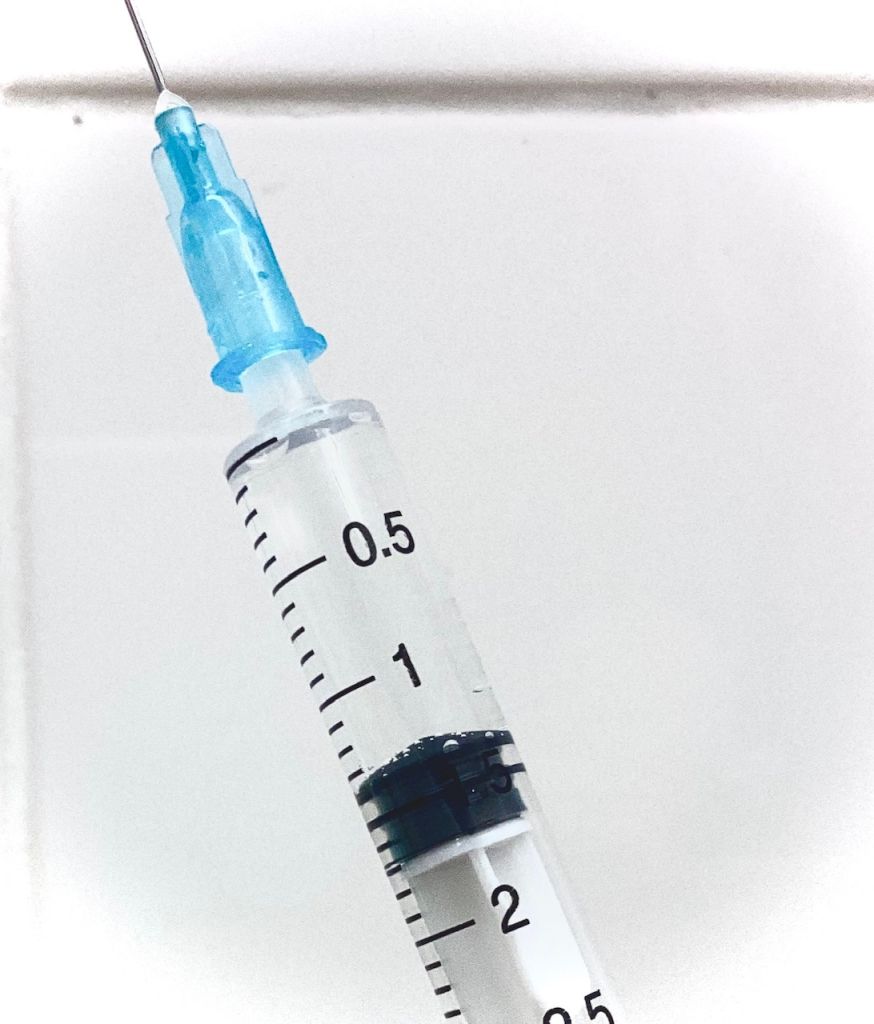
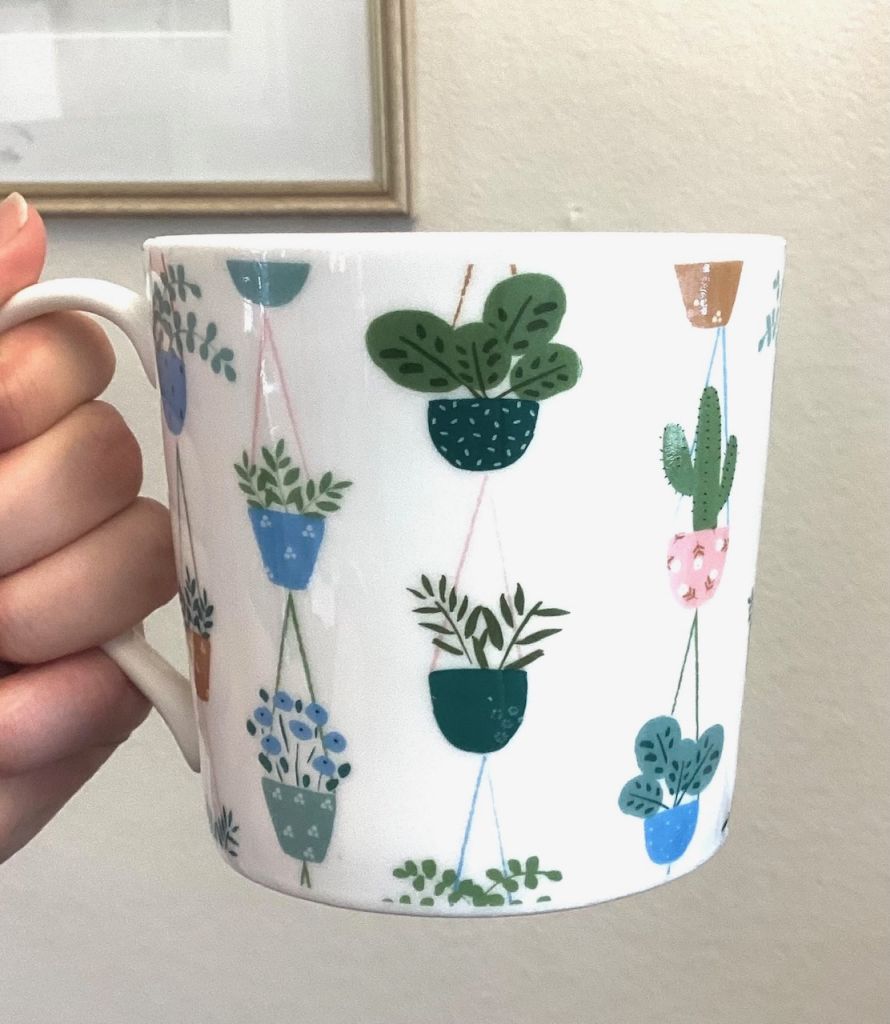
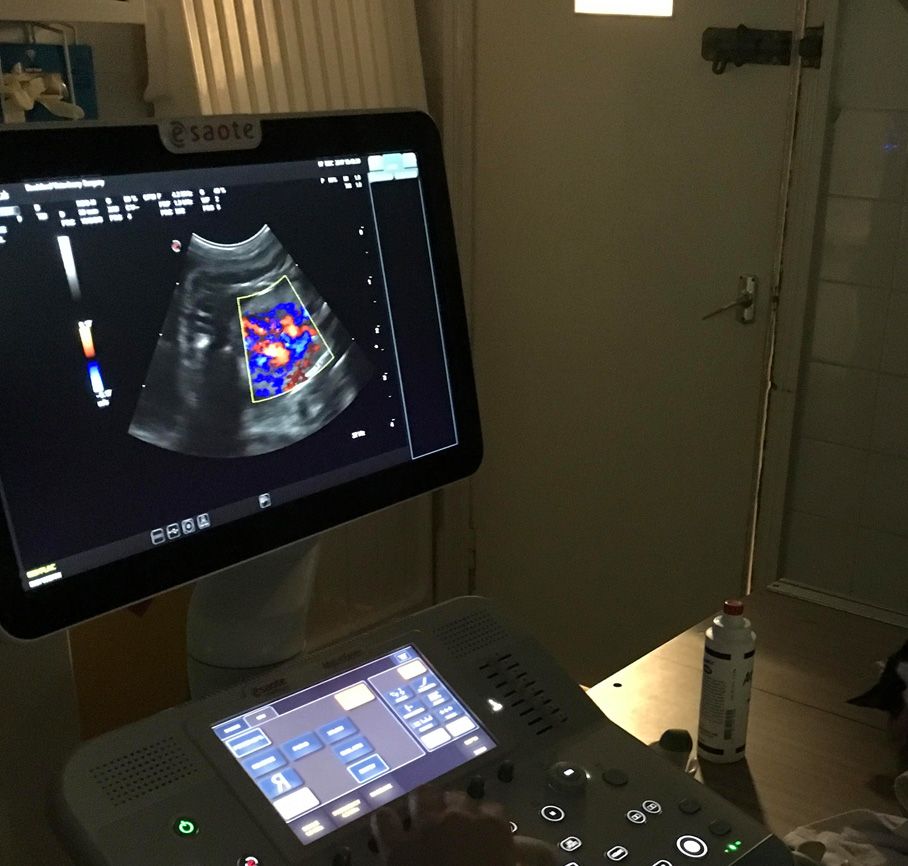
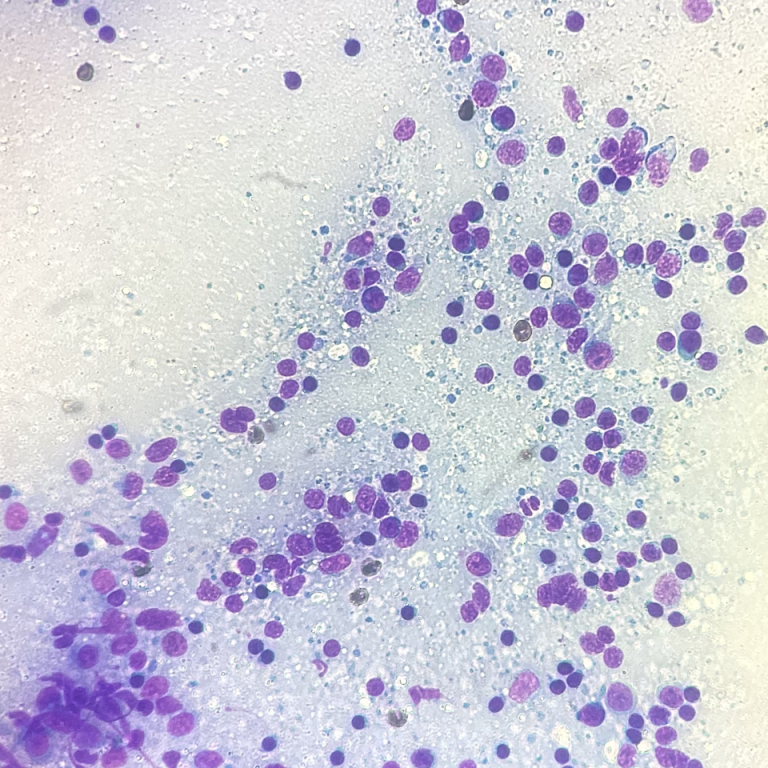
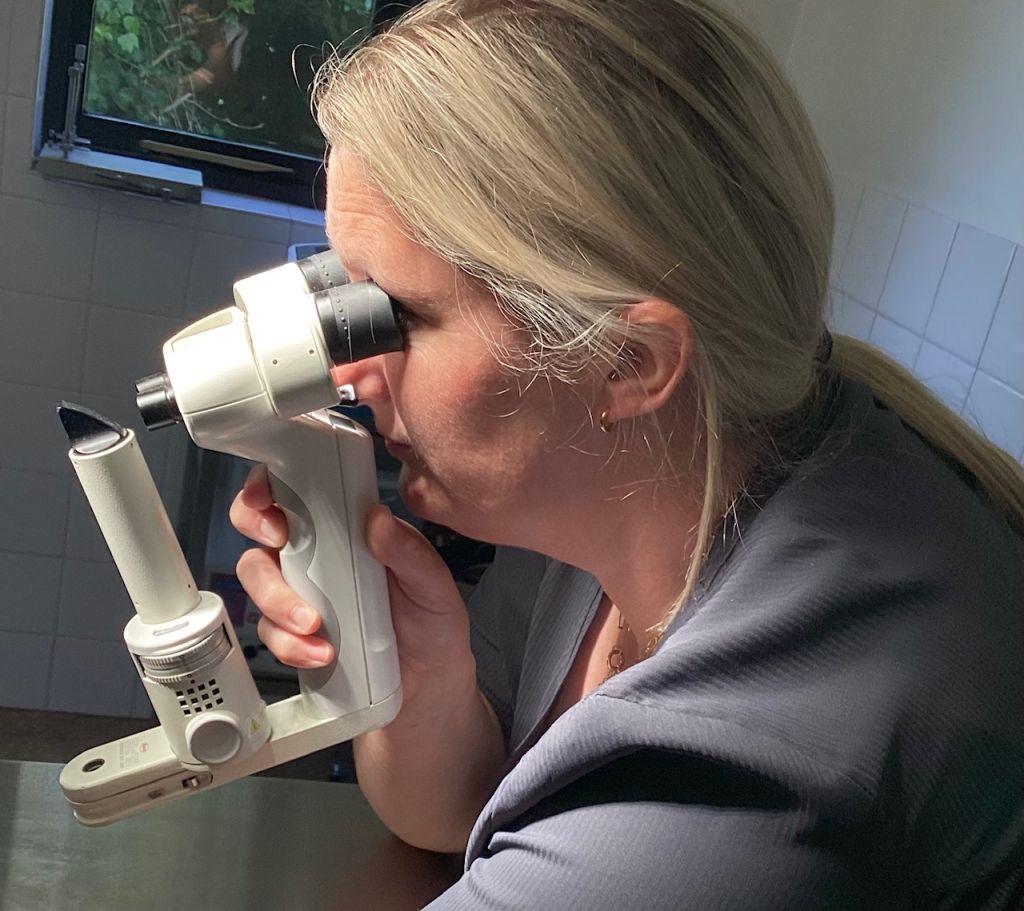
Although it is hard work being a vet, I wouldn’t change it for the world. No two days are the same and I’m always learning both inside and outside of work. Nothing beats the rewarding sense that I’m making a difference not only to the lives of pets, but also their families.

